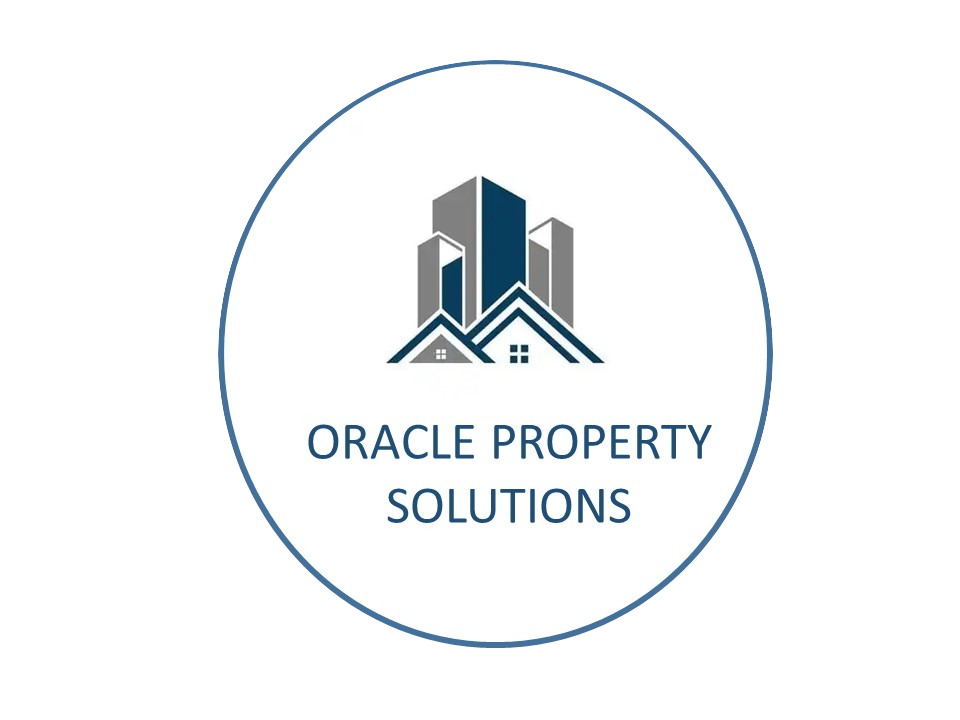At Oracle Property Solutions, we believe every resident deserves a safe and accessible home. To support this, landlords and property managers must comply with the Federal Fair Housing Act (FHA), which prohibits discrimination based on race, color, religion, sex, national origin, familial status, and disability.
This blog focuses on an important part of the FHA: reasonable accommodations and reasonable modifications for persons with disabilities. Understanding these requirements helps property owners avoid costly legal risks and creates inclusive communities.
What Are Reasonable Accommodations and Modifications?
Reasonable Accommodation
A change, exception, or adjustment to a rule, policy, practice, or service that allows a person with a disability to use and enjoy a dwelling fully.
Example: Allowing a support animal in a no-pet building or providing a wheelchair ramp in a common area.Reasonable Modification
A physical or structural change made to the interior or exterior of a property to accommodate a person with a disability.
Example: Installing grab bars in a bathroom or adding a peephole to a door.
Important Facts Every Property Owner Should Know
The tenant or someone acting on their behalf is responsible for the cost of any reasonable modifications.
Tenants can request accommodations or modifications at any time before or during their tenancy.
Property owners can request verification of a disability when an accommodation is requested.
Requests must be reasonable and not impose an undue financial or administrative burden on the property owner.
If a request is denied, the property owner should provide a clear written explanation, including the reason for denial, facts supporting it, and offer to discuss the matter.
Property owners should not proactively offer modifications before a tenant requests one, as this may lead to discrimination claims.
There must be a clear connection between the disability and the requested accommodation or modification.
Examples of Reasonable Accommodations
Renting to a person with a disability who requires special housing needs
Allowing a support animal without charging additional pet fees or deposits
Installing a wheelchair ramp in a common area for accessibility
Examples of Reasonable Modifications
Installing grab bars in the bathroom for mobility assistance
Adding a peephole on a door for a resident with a hearing impairment
Constructing a ramp at the entrance of a building
Why It Matters: Legal Compliance and Risk Management
The Department of Justice (DOJ) and the Department of Housing and Urban Development (HUD) jointly enforce the Fair Housing Act. They frequently investigate complaints where property owners or managers have refused reasonable accommodations or modifications, which can lead to legal action and financial penalties.
By understanding and properly handling these requests, property owners and managers:
Reduce legal risks and financial liabilities
Foster an inclusive and respectful living environment
Comply fully with federal and often more stringent state laws
How Oracle Property Solutions Supports You
As your trusted property management partner, we:
Take all accommodation and modification requests seriously
Review each request carefully against Fair Housing laws and property costs
Communicate clearly and professionally with tenants and owners
Ensure compliance while protecting your investment from unnecessary risk
Final Thoughts
Providing reasonable accommodations and modifications isn’t just a legal requirement—it’s a vital part of being a responsible and ethical property owner. Oracle Property Solutions is here to guide you through this process and help you maintain properties that are safe, accessible, and welcoming for everyone.
If you have questions about Fair Housing or receive a request from a tenant, please contact us anytime for expert assistance.


